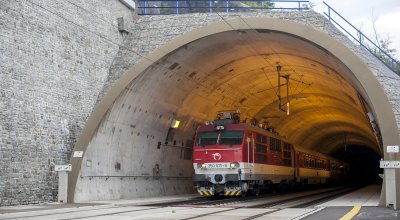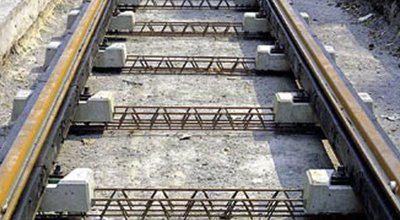Technical barriers to the interchange and interoperability of trains, i.e. their ability to move along any section of the European rail network, continue to limit the competitiveness of the rail sector. There are currently more than 20 different signalling systems in Europe. Individual national networks usually have their own systems, whose performance (optimising the distance between trains and therefore track capacity) and level of security are very varied.
Ing. I. Komínka on the topic ETCS - Practical experience with the design of the line section
Documents for download
Next events
We are constantly progressing and developing work on projects for our clients. Check out the latest news from our company.
-

Interview - If we took better care of bridges, they would last a hundred years.
According to last year's report (2022) of the Supreme Audit Office, more than 1 700 road bridges in Slovakia are in a state of disrepair, some of them even beyond their service life. "Counting bridges on second and third class roads plus footbridges, we have up to 20,000 of them.
More about the event -

New railway tunnel built in Slovakia after 50 years
A new railway tunnel is built in Slovakia after 50 years. The double-track tunnel "Turecký vrch" is located on the corridor of the "Modernized railway line Nové Mesto nad Váhom - Púchov, Žkm 100,50 - 159,100" near Nové Mesto nad Váhom.
More about the event -

Expert article Ing. Ondrej Podolec on the topic Trends in tram track construction
The track design of tramways has historically gone through various stages, as in the case of railways and stages of development. The fundamental difference between urban rail and conventional railway track is the amount of axial pressure that the track superstructure and substructure have to bear. On railway lines, the vertical static load per axle is up to 22,5 tonnes, the load on urban railways is approximately 11 to 12 tonnes. The load values are determinant for the structural composition of the track components.
More about the event
